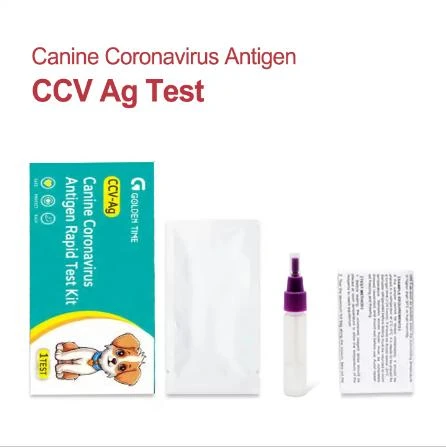Nov . 24, 2024 05:01 Back to list
buy hiv test kits supplier
Buying HIV Test Kits Essential Considerations and Reliable Suppliers
The increasing awareness about HIV/AIDS has led to a surge in the demand for HIV test kits. These kits play a crucial role in early detection and management of the virus, aiding in prevention efforts and increasing the quality of life for those who are affected. For individuals or organizations seeking to buy HIV test kits, understanding the market and choosing a reliable supplier is critical.
Importance of HIV Testing
HIV testing is an essential step in the fight against the epidemic. Early diagnosis can significantly improve health outcomes for individuals with HIV, allowing for timely treatment that can reduce the virus to undetectable levels. Moreover, knowing one’s HIV status empowers individuals to take proactive measures to protect their health and the health of their partners.
Types of HIV Test Kits
Before purchasing, it's essential to understand the different types of HIV test kits available in the market. Generally, they can be categorized into
1. Home Testing Kits These kits allow individuals to test themselves in the privacy of their own homes. They typically involve a simple blood or saliva sample and provide results in a matter of minutes.
3. Laboratory Test Kits These are used for more comprehensive testing in medical laboratories and require a more detailed procedure, offering highly accurate results.
Choosing a Reliable Supplier
buy hiv test kits supplier

When looking to buy HIV test kits, selecting a reputable supplier is vital to ensure the reliability and accuracy of the tests. Here are some essential factors to consider when choosing a supplier
1. Certification and Approvals Ensure that the supplier complies with health regulations and their kits are approved by relevant health authorities, such as the FDA or CE marking in Europe. This certification indicates that the kits meet safety and efficacy standards.
2. Quality Assurance A reliable supplier will provide evidence of quality control measures and testing procedures to confirm the accuracy and reliability of their kits.
3. Customer Support Check if the supplier offers adequate customer service, including guidance on how to use the kits and what to do after obtaining results.
4. Reputation and Reviews Research the supplier's reputation through online reviews, testimonials, and case studies. Positive feedback from other buyers can provide insights into the reliability of the supplier.
5. Price and Availability While cost should not be the only consideration, it is important to compare prices from different suppliers to ensure you are getting a fair deal. Additionally, check for the availability of the kits to avoid delays in procurement.
The Role of Online Suppliers
In recent years, online platforms have made it easier for individuals and organizations to purchase HIV test kits. Many reputable companies offer their products through e-commerce websites, allowing for convenient purchasing and discreet delivery. However, it is crucial to verify the authenticity of online suppliers to avoid counterfeit products.
Conclusion
Buying HIV test kits should be approached with careful consideration. Understanding the types of tests available and choosing a trustworthy supplier can make a significant difference in the outcomes of HIV testing efforts. By prioritizing quality and compliance, individuals and organizations can contribute to better public health outcomes and enhance awareness about HIV prevention and treatment. Investing in reliable test kits not only supports personal health but also strengthens the overall fight against the spread of HIV/AIDS.
-
Dengue NS1 Rapid Diagnostic Test Kit
NewsMar.07,2025
-
Dengue NS1 Rapid Diagnostic Test Kit
NewsMar.07,2025
-
Dengue NS1 Rapid Diagnostic Test Kit
NewsMar.07,2025
-
Transferrin Rapid Test Cassette Tumor Marker TF Card
NewsMar.07,2025
-
Malaria Pf Pan Rapid Diagnostic Test Kit
NewsMar.07,2025
-
malaria pf / pan ag rapid test
NewsMar.07,2025

